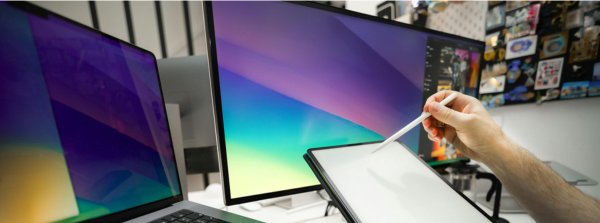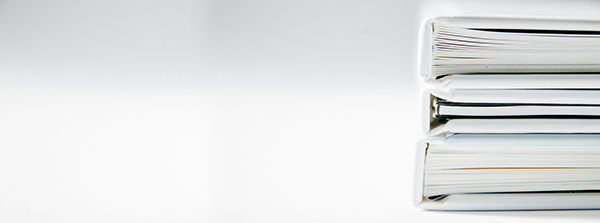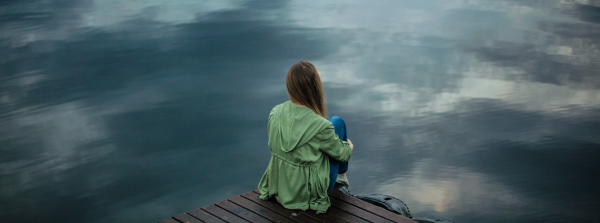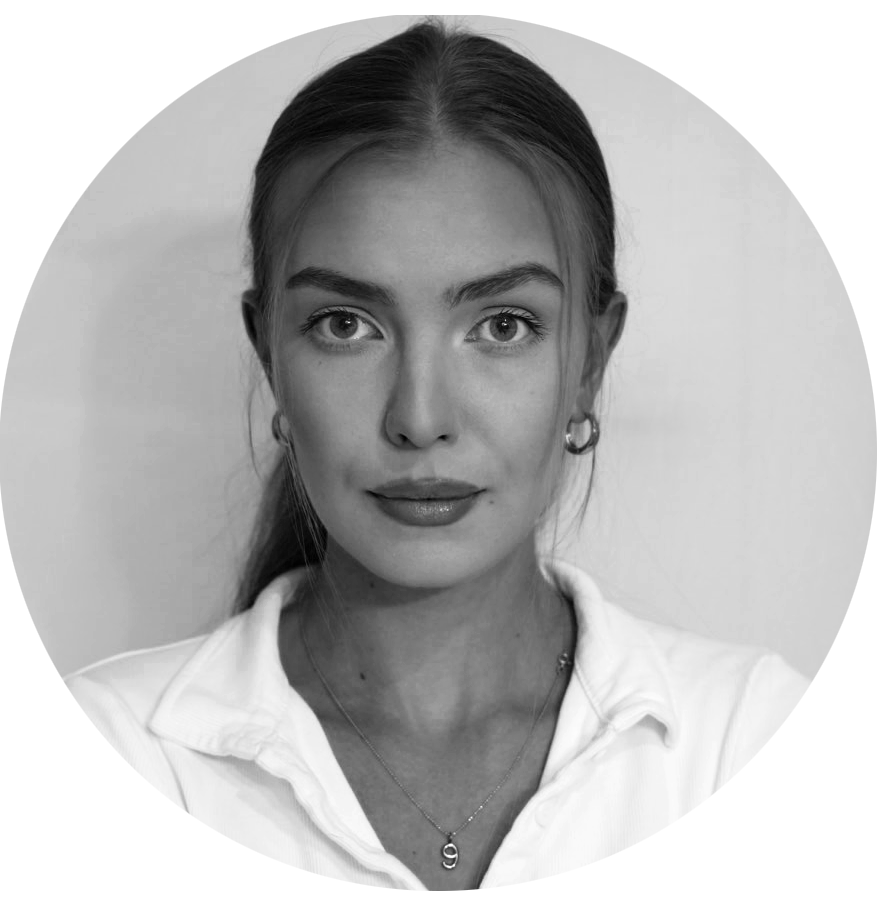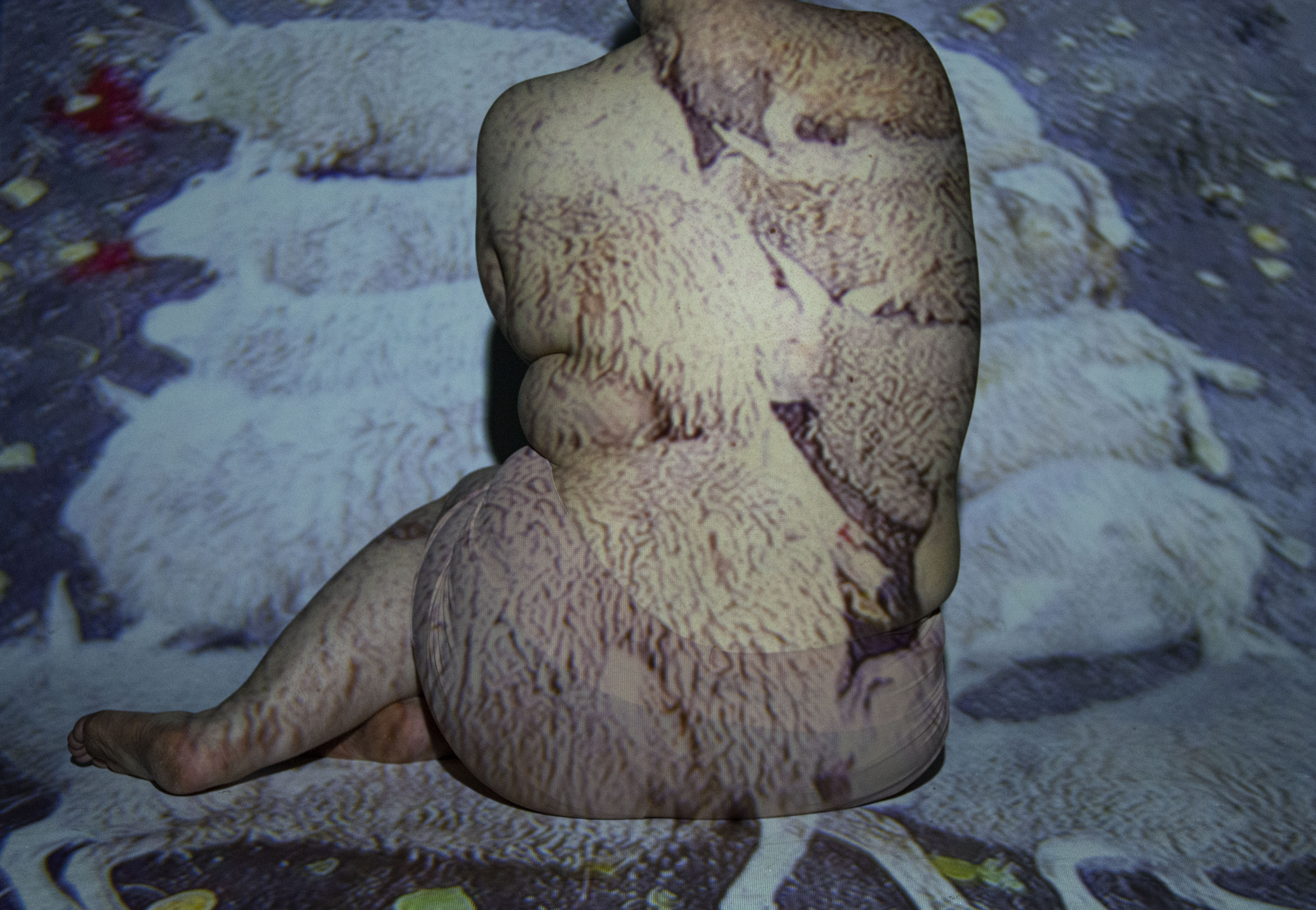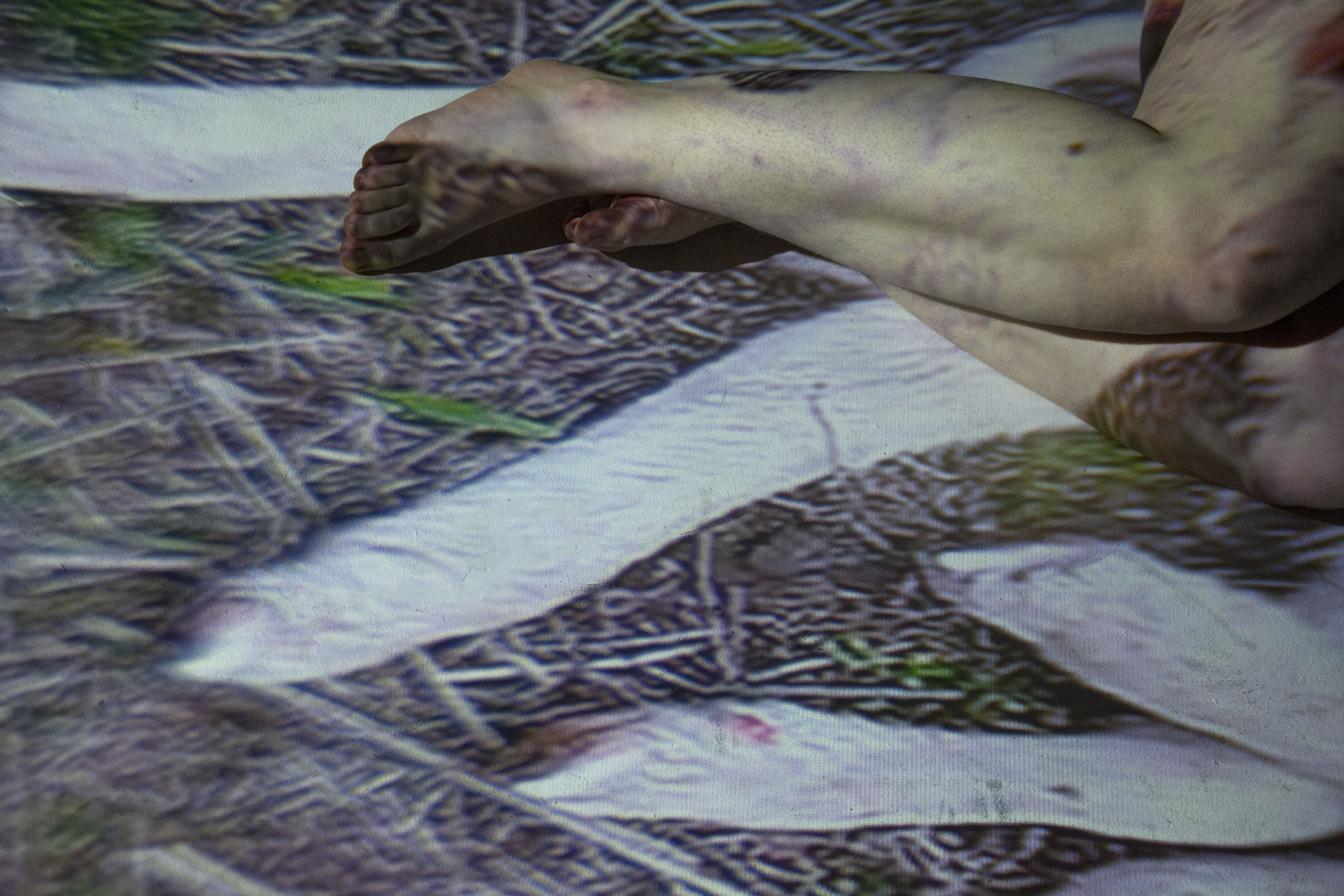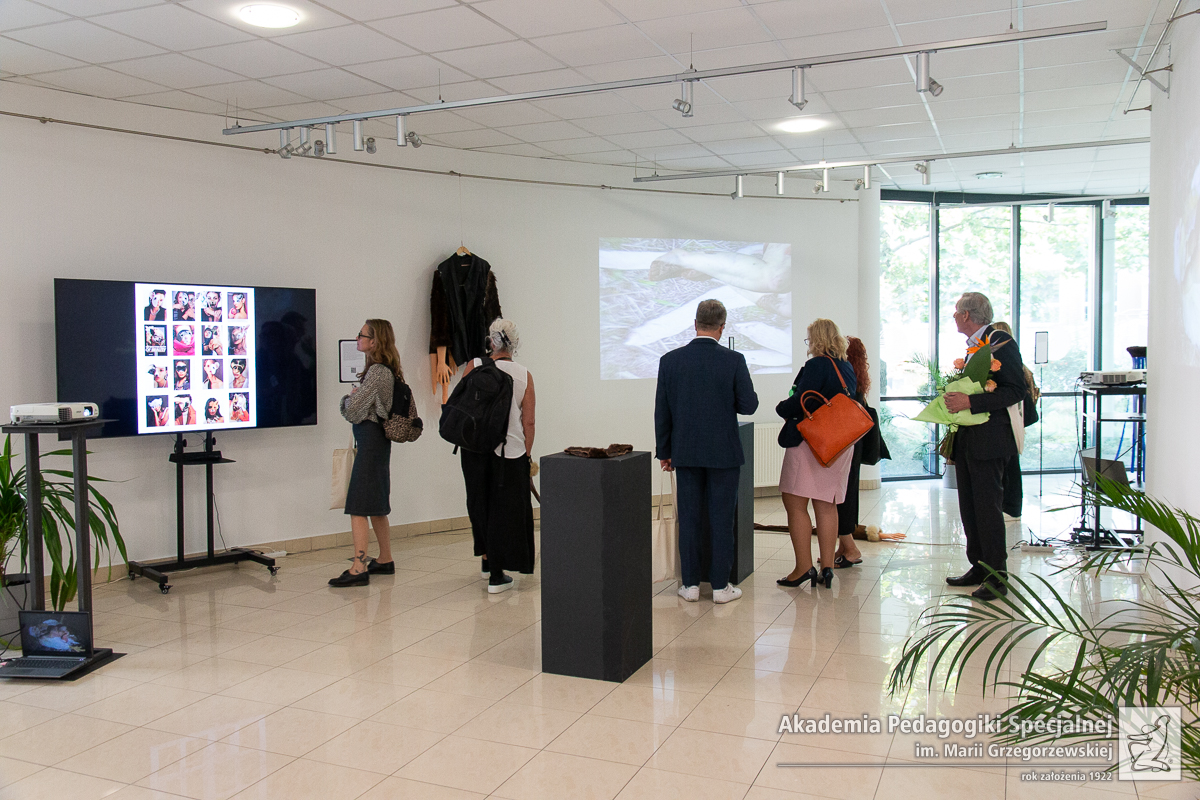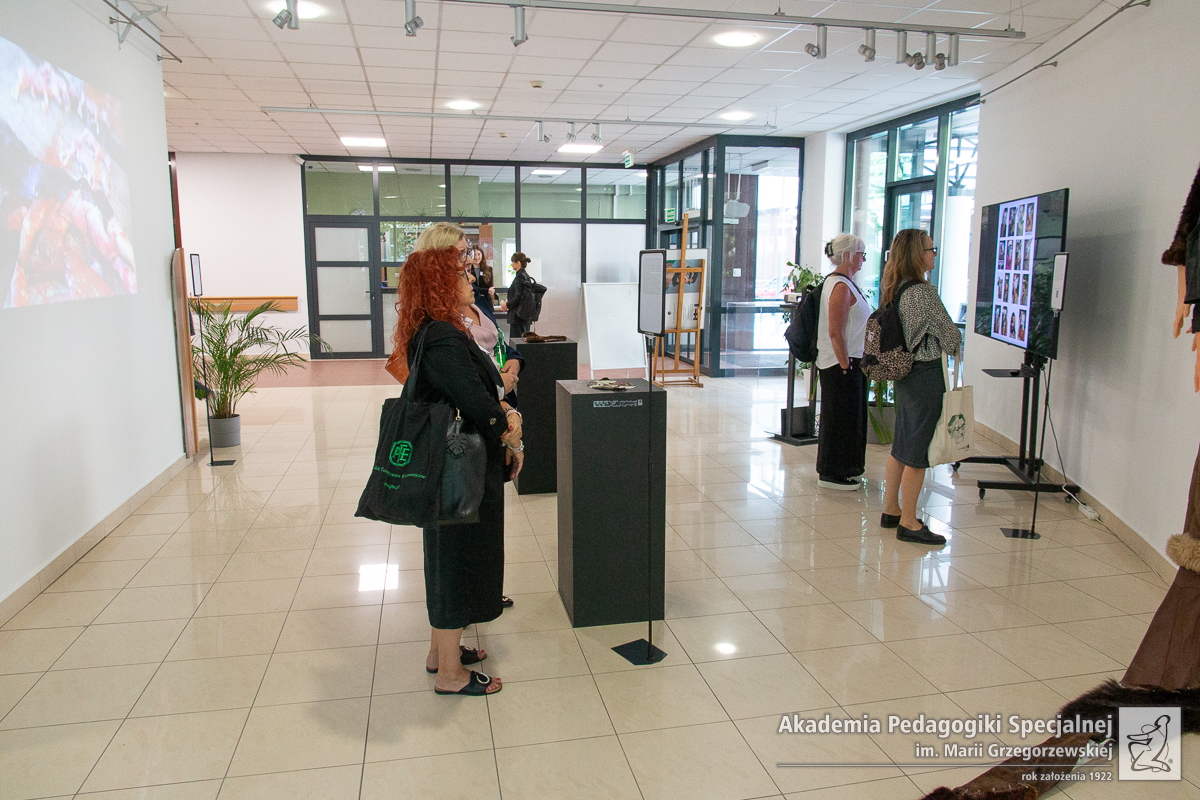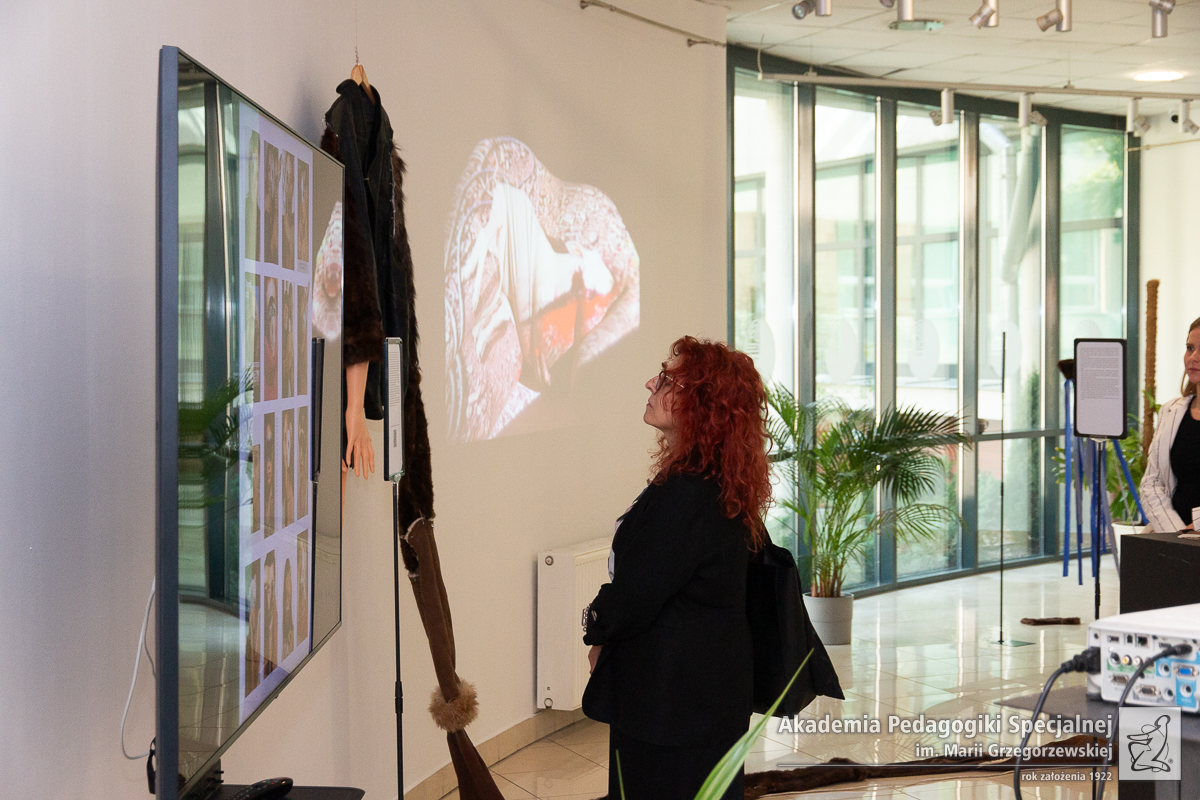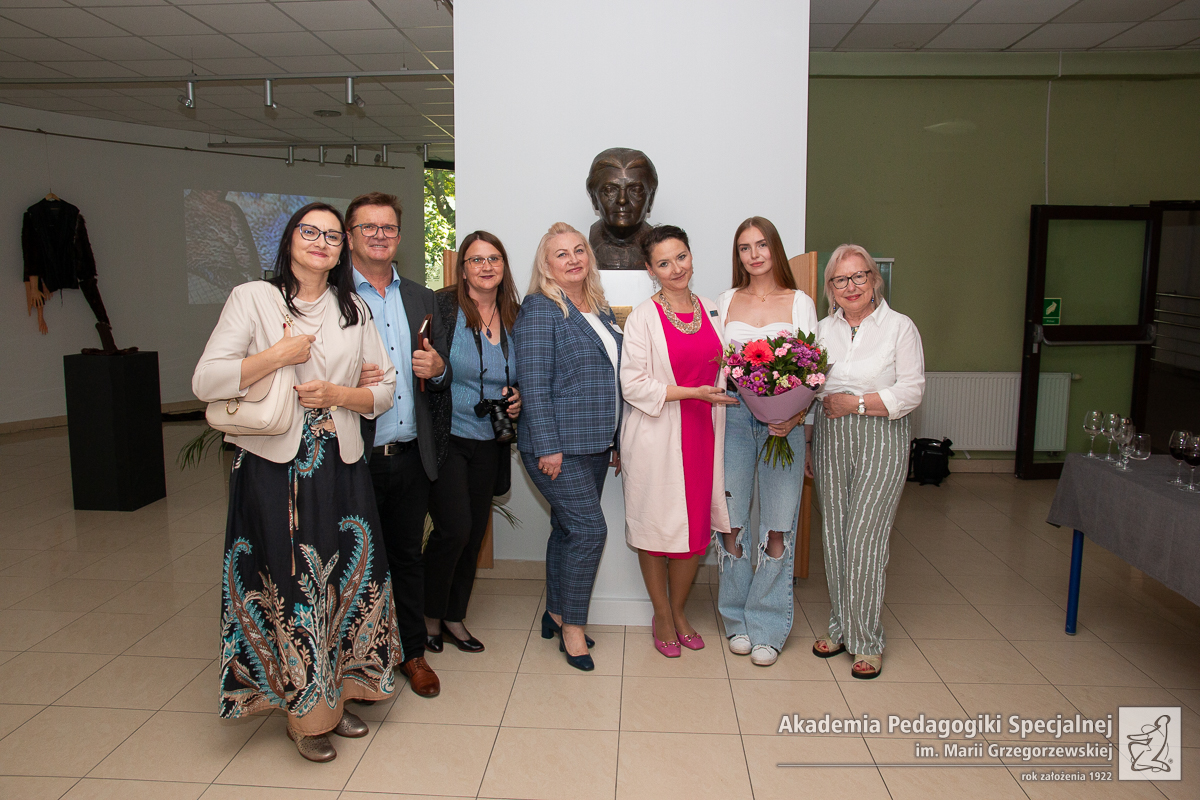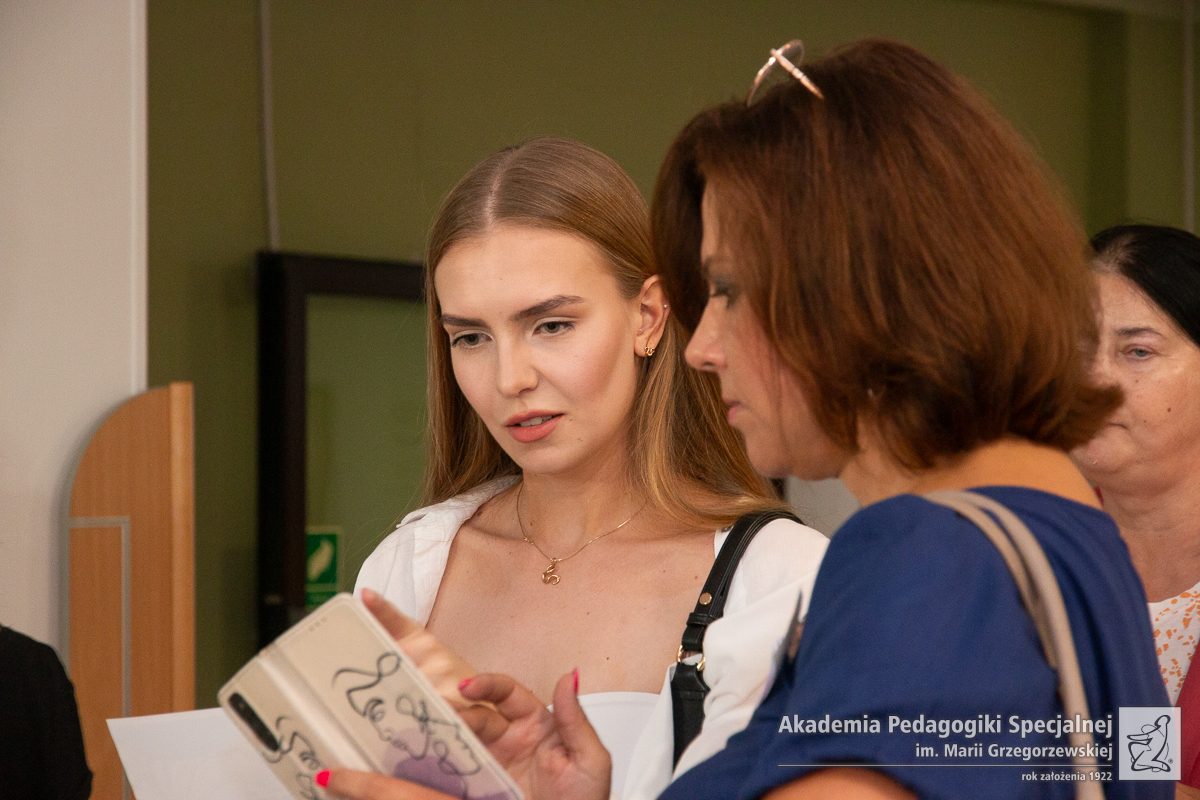Appropriation. Slave non-human bodies
As part of the UNESCO Janusz Korczak Chair** International Summer School, a special art exhibition by a very young artist from Gdansk fortified the message of Education for Peace and Democracy. Appropriation. Slave non-human bodies
Was part of two important conferences, mid-term of Polish Pedagogical Association and mid-term of ISA RC25*.
A collection of works addressed the issue of the exploitation and abuse of non-human bodies by people in industry, science, culture, art, and everyday life. This topic describes aspects related to the determination that "animal = animal other than human".
Gabriela Sołtysiak
Gabriela Sołtysiak is a graduate of the Academy of Fine Arts in Gdańsk, where she obtained a master's degree in art at the Faculty of Sculpture and Intermedia. In her work, she combines her passion for photography and mix-media by creating works that touch on difficult and current topics related to the appropriation of non-human bodies. Gabriela's work reflects her sensitivity to social issues, as well as her constant search for a variety of forms of communication. The artist's work has a deep and strong message. She explores topics related to emotions, equality and humanity, as well as strives for continuous development and believes that art has the power to transform reality.
*ISA was est. by UNESCO in 1948, RC25 is a Research Council dedicated to Language and Society
**On 13th of November 2004 The UNESCO / Janusz Korczak Chair in Social Pedagogy was established at Maria Grzegorzewska University in Warsaw, Poland.
The Chair preserves the educational heritage of two important figures Maria Grzegorzewska (1888-1967 advocate for human rights and social inclusion, the founder of the university in 1922), and Janusz Korczak (1878-1942 promotor of children’s rights, the Chair’s patron).
The Chair’s activities align with UNESCO’s humanities and social sciences priorities. The Chair is financially supported by the Maria Grzegorzewska University but enjoys academic freedom to create its own goals, aligned with the UNESCO Sustainable Development Goals Agenda 2030, especially SDG 4 aimed at ensuring inclusive and equitable quality education for all, SDG 5 aimed at gender equality and SDG 10 for reducing inequalities. At the heart of the protection and promotion of quality education is the notion of Global Citizenship Education (GCE 4.7), and its three core elements, defined by UNESCO as a shared sense of humanity, respect for diversity, and solidarity.
** Photographs of the Board by Dr Urszula Tokarczyk-Bar 2024 (source: URSA UTB FOTO, Facebook)
 PL
PL
